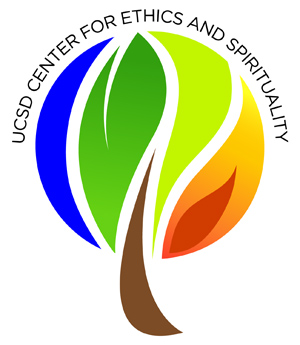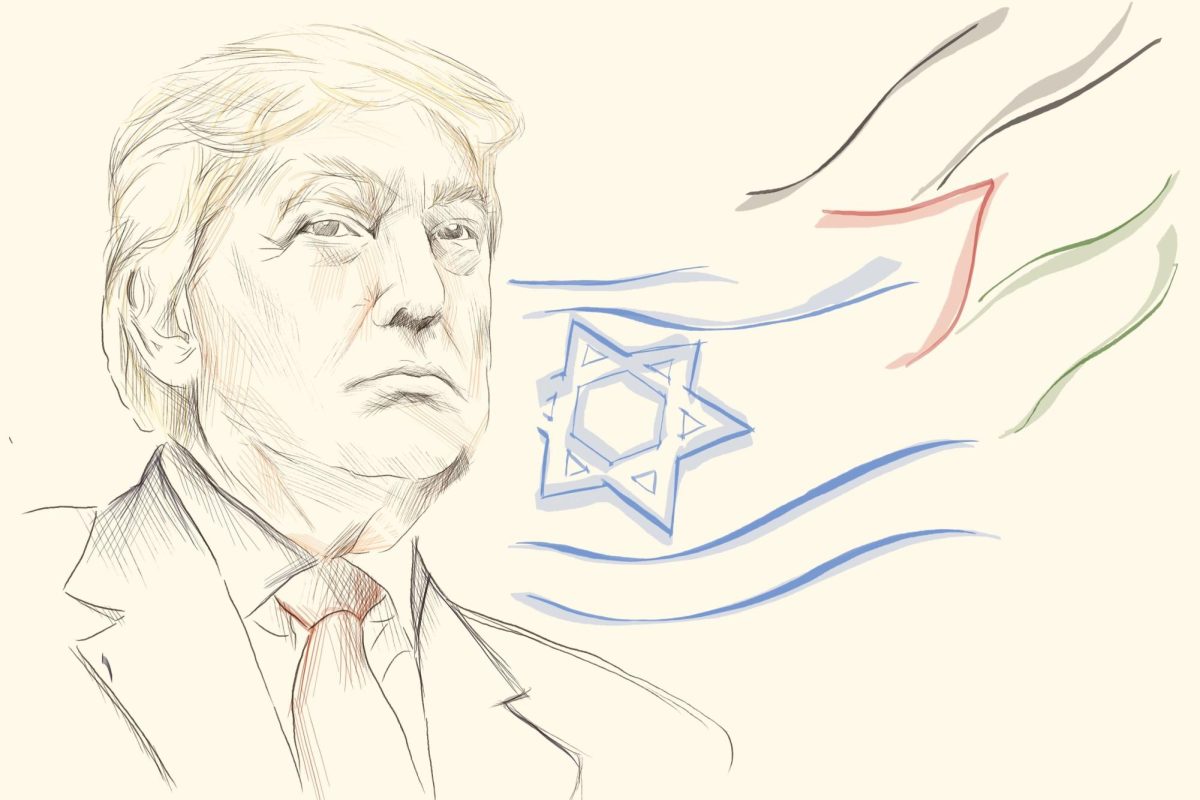The Center for Ethics and Spirituality comes across as an on-campus resource for students from any number of religious backgrounds to find the help they need with an emphasis on their own personal beliefs. While its website claims that it offers secular counseling, lectures about spirituality, and other workshops, the content of these services leaves much to be desired for equitable access to spirituality for those who either identify with religions outside of the Western norm or hold non-religious beliefs.
This trend is clearly seen in the services the center provides. One need look no further than the entrance of the building to see the type of religious hegemony followed, as a life-sized cardboard cutout of the Pope greets students as they approach the office space. However, the true motivations of the center are made clear in the type of counseling provided. The “diverse” range of spiritual counselors offered cover Judaism and the Christian denominations of Episcopalianism, Methodism, Catholicism, and Unitarianism. The Center’s website does not provide any counselors with backgrounds outside of the Western religious norm.
These offerings leave much to be desired in the realm of promoting and accepting religious diversity at UC San Diego. Many students, regardless of spiritual background, will likely have their beliefs challenged at some point during their college experience. This type of experience often has the ability to foster personal growth. However, it is beneficial to these students to have someone representing their spiritual backgrounds who they can go to when questions arise about their own beliefs.
The blame cannot be solely placed on the Center, however. The UCSD administration has a role to play in determining the need for a more diverse range of spiritual resources. No current data on student religious affiliation is publicly released by the university. Despite this, students coming from both the United States and abroad are likely to practice religions other than those covered by the center. In 2016, out of the top 10 countries international students attending UCSD call home, eight have a majority of citizens practicing religions other than Christianity or Judaism.
Considering that UCSD is a secular public university and not a private religious institution, there is no requirement that any religious services be provided. However, by offering the Center for Ethics and Spirituality, the university is rightfully affirming that religious affiliation merits just as much resource allocation as race, ethnicity, gender, sexuality, disability, and others. By providing religious programs only accessible to students from a select number of religious sects, not only is a divide created between students and the types of programs they may wish to partake in, but a Western norm is also affirmed. In doing so, the university furthers the otherization of Eastern and non-traditional faiths and cultures — a trend that is already prevalent in the United States.
The university must begin to acknowledge the potential for on-campus religious diversity and provide services through the Center for Ethics and Spirituality for the currently forgotten students practicing religions outside of the Western Christian and Judaic norms.








